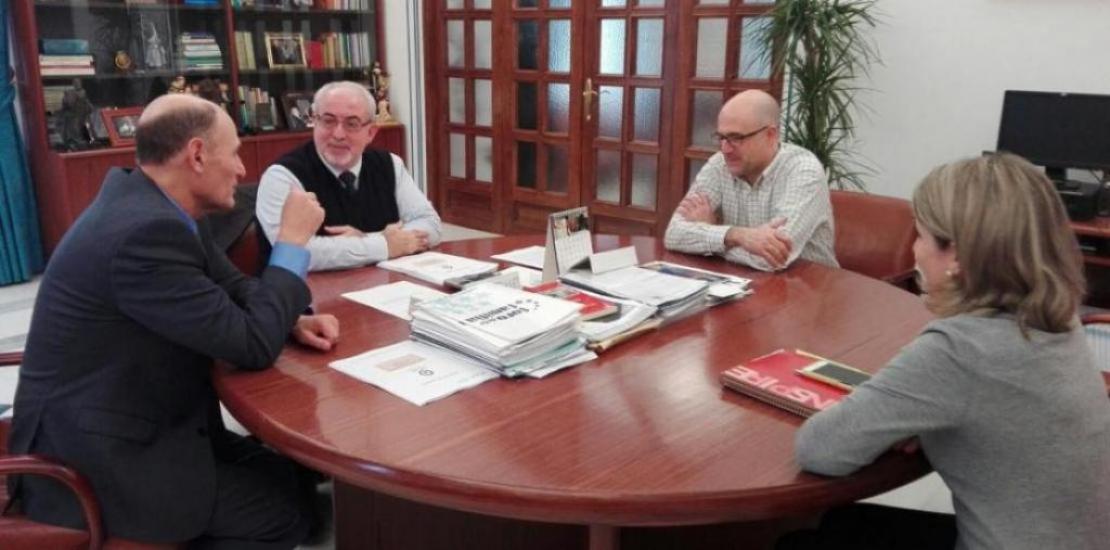Considerable citizen engagement in the project on multiple sclerosis
The research that UCAM is carrying out with its own funds has collected around fifteen thousand euros in contributions through the FECYT crowdfunding platform Precipita, which belongs to the Ministry of Science and Innovation.
The intention of increasing the resources and, therefore, of accelerating the results, motivated UCAM Universidad Católica de Murcia to open to crowdfunding the project called ‘Reprogramación celular para el tratamiento de la Esclerosis Múltiple’ [Cellular reprogramming for the treatment of multiple sclerosis], which has already been worked on for three years and is financed with the teaching institution's own funds. Through the Precipita platform of FECYT, which belongs to the Ministry of Science and Innovation, around fifteen thousand euros have been collected thanks to the contributions of the citizens.
The project is led by the researchers of UCAM Universidad Católica de Murcia Juan Carlos Izpisua, Professor of Developmental Biology and director of the Gene Expression Laboratory at Salk Institute, in La Jolla, California; José Meca, neurologist and Head of Unit at the Hospital Virgen de la Arrixaca and Estrella Núñez, Professor of Biochemistry and Vice-Chancellor for Research. “We must raise awareness among the population, make them understand that science is, as we are seeing with this pandemic, what can give us a solution to the big challenges of humanity”, says Estrella Núñez.
Repairing the damaged cells
The research aims at identifying the factors related to age that act as genetic regulators in the repair of the myelin sheaths of the central nervous system. In this way, multiple sclerosis patients could repair their damaged nerve cells and improve their quality of life. “Currently, we are working with IPs cells obtained through the reprogramming of the patient’s cell. We want to generate organoids that will allow us to study the effect of specific compounds on these cells in different phases of the illness”, assures the Vice-Chancellor for Research of UCAM.
The researchers aim at finding compounds that delay the appearance of the illness and also at rejuvenating animal models through cell reprogramming in order to study, in them, the evolution of multiple sclerosis.




